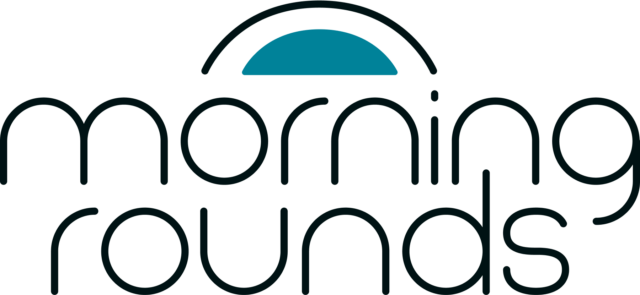
And so, another working week will soon draw to a close. Not a moment too soon, yes? This is, you may recall, our treasured signal to daydream about weekend plans. Our agenda is, so far, rather modest. We plan to manicure the Pharmalot grounds, catch up on our reading and promenade with the official mascots. We also hope to hold another listening party, where the rotation will likely include this, this, this, this and this. And what about you? This is the time of year when apples and pumpkins grow lonely, waiting for someone to take them to a nice home. So perhaps a drive in the country is in order. This may also be an opportunity to simply enjoy the great outdoors, given the lovely change of scenery that is taking place. Or you could keep busy by strolling city streets and watching life go by. Well, whatever you do, have a grand time. But be safe. Enjoy, and see you soon…
The U.S. Food and Drug Administration approved for the first time a new type of medicine that may change the way schizophrenia is treated, STAT tells us. The drug, which is called Cobenfy and will be sold by Bristol Myers Squibb, was approved to reduce the psychotic symptoms associated with the disorder. It is a new type of medicine that works by stimulating a pair of muscarinic receptors in the brain, that, in turn, control the release of a brain chemical called acetylcholine. Current antipsychotics, which include generic medicines and branded products, mostly regulate mood by blocking dopamine receptors. These are widely used despite being effective in about half of treated patients, many of whom must also cope with bothersome side effects like weight gain and somnolence.
Biden administration officials have abandoned their own proposal to require drug companies to disclose the prices and research costs of drugs that are driving up spending in state Medicaid programs, STAT reports. Pharmaceutical companies and lobbying groups heavily pressured the U.S. Centers for Medicare and Medicaid Services to abandon the little-noticed idea to create “drug price verification surveys” — they indirectly threatened to sue if the government moved forward with it. Industry lobbyists even wielded dictionaries in their complaints, incensed over how federal officials defined the word “verify.” The decision to scrap the rule highlights how the Biden administration was not willing to take on a unified industry that is still separately attacking the Medicare drug negotiation program. The about-face also comes after a consequential U.S. Supreme Court decision made it easier for the health care industry to litigate federal rule they do not like.

This article is exclusive to STAT+ subscribers
Unlock this article — plus in-depth analysis, newsletters, premium events, and news alerts.
Already have an account? Log in





